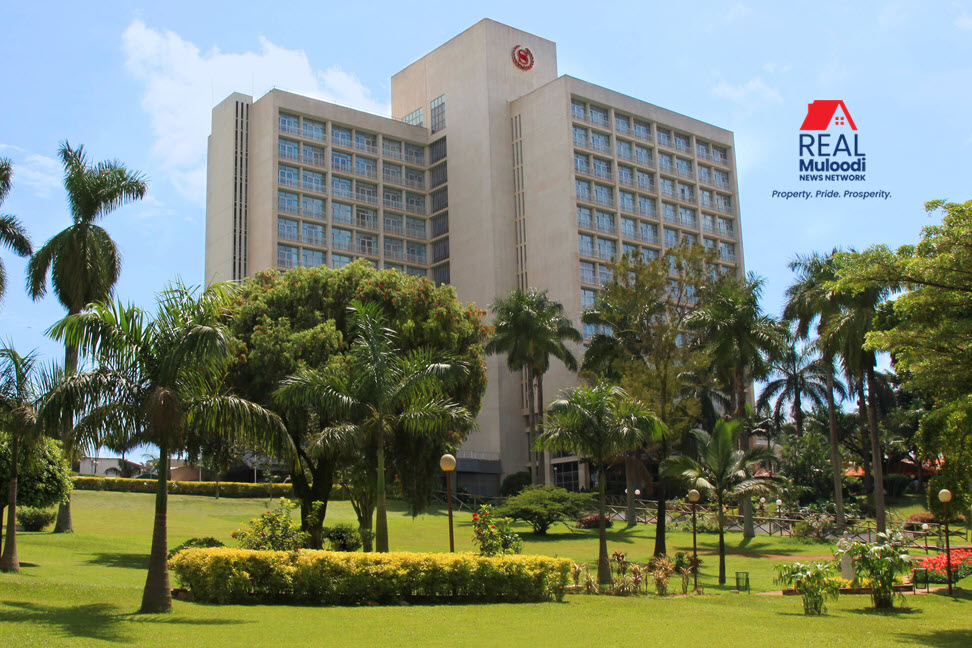UGANDA, Kampala | Real Muloodi News | The Tax Appeals Tribunal case involving the trademark name “Sheraton” has set a precedent that all companies in Uganda which use foreign trademarks and pay franchise fees must charge VAT on payments to those foreign persons.
A number of companies do business in Uganda using foreign trademarks licensed under franchise arrangements. This allows a locally registered entity to locally use a trademark owned by a foreign company, usually for a fee and subject to specific stipulated standards.
On the face, the nature of the arrangement offers a business advantage to the local entity; however, there has always been an issue whether the Ugandan company is considered an imported service.
This issue was subject to a ruling by the tribunal in Apollo Hotel Corporation Ltd versus Uganda Revenue Authority VAT Application No.68 of 2018.
In 2018, Apollo hotel made an international license agreement with Sheraton International Inc., one of the world’s largest hotel companies, incorporated in the United States of America.
The agreement granted the applicant the right to operate its hotel in Kampala under the trademark brand name “Sheraton” and use Sheraton International’s centralised reservation system by paying franchise fees to Sheraton International. URA raised a tax assessment of VAT Ugx. 398,418,285 on the franchise fees.
As Apollo objected to the assessment, the tribunal was left to determine the matter. The main issue is whether the use of the brand name “Sheraton” and the provision of the centralised reservation system amounted to a supply of an “imported service” for VAT.
On 27th August 2021, in ruling Tax Appeals, the Tribunal dismissed the application holding that;
(i) Use of trademarked brand name “Sheraton” and provision of the centralised reservation system amounted to a supply of an imported service.
(ii) VAT only because of the principal service, namely the right to operate the hotel under the trademark name “Sheraton” using the centralised reservation system.
The tribunal also invoked the destination principle, which provides that services supplied from a foreign jurisdiction and consumed in Uganda jurisdiction are considered as imported services.
The tribunal reasoned that Sheraton International Inc. and the applicant in Uganda supplied for the Sheraton brand and reservation.
The tribunal also concluded that using the brand name Sheraton under agreement amounted to a service, not goods.
In reaching its holding, the tribunal relied on the case in which the Delhi High Court in India found that the trademark McDonald’s amounted to a service, not a good, for VAT purposes.
Outcomes of the Decision
The decision set a precedent that all companies in Uganda running businesses using foreign trademarks by paying franchise fees must charge VAT on payments to those foreign persons.
The principle in the decision is of wide application and will most likely affect all businesses operating under the franchise arrangements in Uganda. This decision is an excellent win for URA in its attempt to tax the digital economy and intangible intellectual property rights.
Using a centralised reservation system in the USA is like the running of most digital platform-based businesses, which is a challenge posed for taxation under the permanent establishment principle, which provides for tax only when an entity has a physical presence in a foreign jurisdiction. The decision provides a window for the taxation of the digital economy.
READ MORE LIKE THIS:



